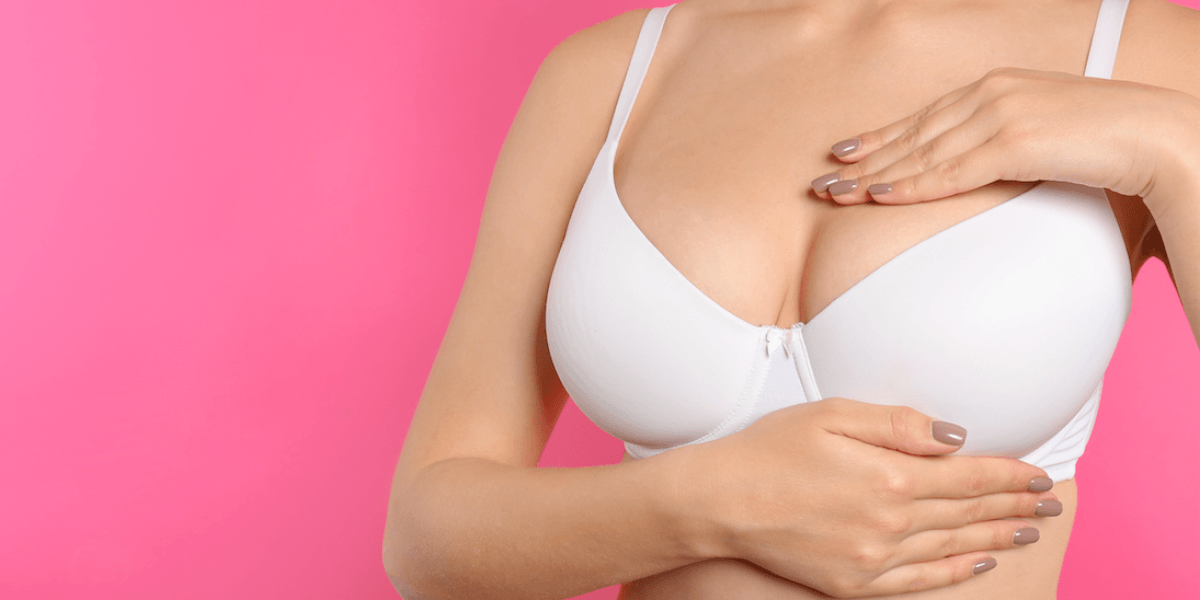While it might seem an inevitability of a monthly cycle, it is important to note that any PMS should only last a short amount of time – anything longer than a week should be checked out by your healthcare professional.
There are also diet and lifestyle solutions that you can adopt…
DIET SOLUTIONS
One of the best ways to support the natural balance of oestrogen is to optimise the function of your bowel and your liver, as these are the two main organs responsible for the detoxification of hormones. To support healthy liver function consider limiting your consumption of alcohol, caffeine and sugar. Load up on foods such as broccoli, kale, Brussels sprouts, cabbage and cauliflower as these all contain a phytochemical called sulforaphane which supports the liver’s natural detoxification of oestrogen.
Fibre also helps with the excretion of oestrogen by binding to it in the gut and removing it via the bowel, as well as helping to feed our friendly gut bacteria, which influence everything from oestrogen metabolism and our mood, to our immune system and our weight. We can’t stress enough how important eating fibre is – and most women don’t eat enough.
If you’re looking for natural pain relief, then vitamin B6 is your friend: it helps to regulate the production of the neurotransmitters serotonin and gamma-aminobutyric acid (GABA). These are the chemicals which help us to feel happy and calm, and also play a role in reducing pain and other PMS symptoms. No more than 200mg/day of B6 should be taken.
Iodine deficiency is often associated with breast tenderness due to its impact on prolactin levels and it’s a mineral which is notoriously low in the UK diet. Iodine also influences genes involved in oestrogen detoxification – so including it in your diet is a double win. Seaweed is a great source of dietary iodine, but so are eggs and seafood if nori rolls aren’t your thing. Speak to a healthcare practitioner before supplementing with iodine as it has a very small dosage range and can cause severe problems if too much is taken.
LIFESTYLE SOLUTIONS
Along with diet, there are lifestyle factors at play too, such as our plastic usage. Xenoestrogens are synthetic forms of oestrogen which are well-documented hormone disruptors. The most well-known xenoestrogen is bisphenol-A (BPA) found in plastics such as cling film, water bottles and the lining of takeaway coffee cups. BPA has been found to mimic oestrogen, adding to the levels already in our body, and there are concerns that high-circulating oestrogen is not good for our breast health. So it makes sense to make switches where you can.
Do you know what your ENDOCRINE SYSTEM is?
Exercise, proper sleeping patterns and stress management are also recommended to support hormone balance and reduce breast tenderness – watch your own cycle and symptoms and work out the best plan of action for you, or talk to a qualified naturopath, nutritional therapist or integrative GP to identify and treat the cause of any menstrual irregularities you may be experiencing. Because whilst PMS is common, there is much that can be done to manage it.


